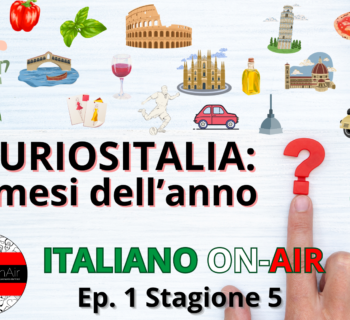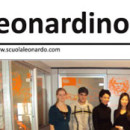Italy, with its rich history, vibrant culture, and renowned educational institutions, has become an attractive destination for international students seeking high-quality education. As prospective students explore the possibility of studying in Italy, one crucial question that arises is the cost of pursuing their academic goals. In this article, we will delve into the various factors that contribute to the overall cost of studying in Italy.
Tuition Fees
One of the primary components of the cost of studying in Italy is tuition fees. The fees vary depending on the level of study, the university or institution, and the program chosen. Generally, public universities in Italy offer lower tuition fees compared to private institutions. Tuition fees for bachelor's and master's programs range from around €900 to €4,000 per year for EU students, while non-EU students may have higher fees, ranging from €1,500 to €16,000 per year. It is essential to research and compare different universities and programs to determine the most suitable option based on your budget.
Living Expenses
In addition to tuition fees, it is crucial to consider living expenses when calculating the overall cost of studying in Italy. Cities like Milan, Rome, and Florence often have higher living costs compared to smaller towns. Accommodation costs, which include rent and utilities, can vary significantly depending on the location and type of accommodation chosen. On average, monthly expenses for a student in Italy, including accommodation, food, transportation, and other miscellaneous expenses, range from €700 to €1,200. Opting for shared accommodation and preparing meals at home can help reduce living costs.
Scolarships and Part-Time Work Opportunities
To make studying in Italy more accessible and affordable, various scholarships and financial aid options are available for international students. It is advisable to research and inquire about scholarship opportunities well in advance to maximize your chances of securing financial assistance.
Another avenue to support your studies in Italy is through part-time work. EU students are allowed to work part-time during their studies, typically up to 20 hours per week. Part-time jobs can help cover living expenses and provide valuable work experience.
Studying in Italy offers a unique and enriching educational experience, but it is crucial to consider the associated costs. Tuition fees, living expenses, scholarships, and part-time work opportunities all contribute to the overall cost of studying in Italy. By conducting thorough research, exploring scholarship options, and planning finances diligently, prospective students can make informed decisions and manage their expenses effectively. Remember, investing in education is an investment in your future, and with proper planning, studying in Italy can be a rewarding and worthwhile endeavor.
Read more on our blog:
HOW TO GET A VISA TO STUDY IN ITALY?
WHY STUDY ART, FASHION AND DESIGN IN ITALY
HOW TO STUDY AT THE UNIVERSITY IN ITALY?
WHY CHOOSE ITALY TO STUDY MEDICINE IN ENGLISH
Scuola Leonardo da Vinci Milan
Thanks to its prestigious universities and academies, Milan is the elected place of education for numerous Italian and international students.
Latest posts by Scuola Leonardo da Vinci Milan (see all)
- Summer Camp for Young Learners in Milan: A Summer of Language, Culture and Discovery - February 26, 2026
- Valentine’s Day in Milan - February 4, 2026
- Experiencing Milan During the Olympics - January 15, 2026









